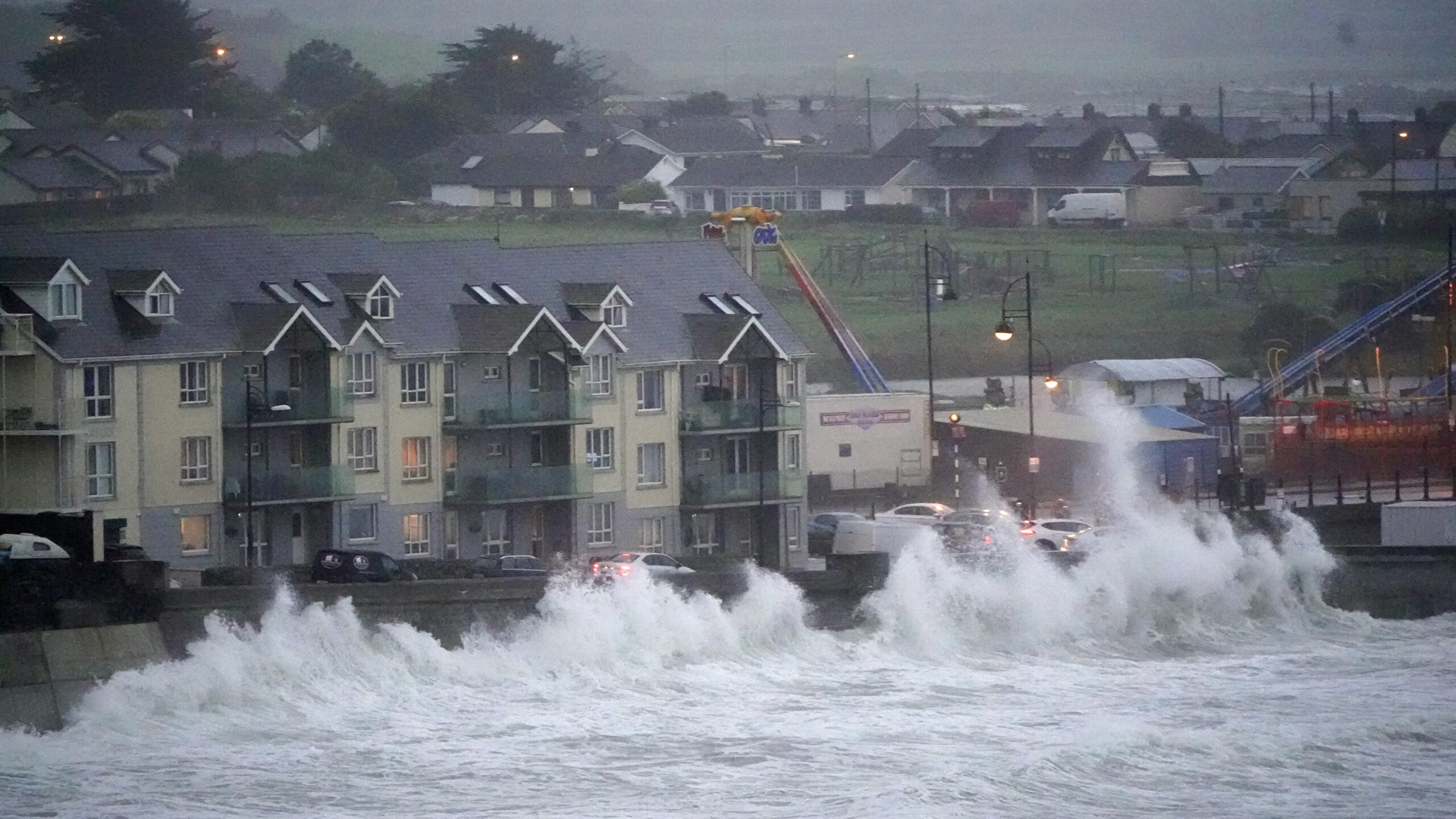Image Credit: ITVX
Introduction
A powerful storm is set to hit Britain this weekend, bringing heavy winds, rain, and potential disruptions. While the UK often experiences unpredictable weather, this storm is expected to pack a significant punch. Being prepared and staying informed is crucial to ensure your safety and minimize the impact on daily life.
Understanding the Storm
What Type of Storm Is Expected?
Meteorologists predict a low-pressure system bringing strong winds up to 70 mph and heavy rain. Coastal areas might face flooding, while inland regions could see power outages.
Meteorological Factors Behind the Storm
The storm results from a deep Atlantic depression moving across the British Isles. Warm and cold air masses clashing create instability, intensifying the weather conditions.
Predicted Areas to Be Affected
Areas in Scotland, Wales, and the South West are likely to experience the brunt of the storm. Major cities like London could also see significant disruptions.
Preparing for the Storm
Home Safety Measures
- Secure outdoor items like garden furniture and bins to prevent them from becoming projectiles.
- Inspect and clean your gutters to avoid waterlogging.
- Reinforce windows and doors, especially in areas expecting high winds.
Emergency Supplies
- Stock up on essentials like water, non-perishable food, flashlights, and batteries.
- Prepare a first-aid kit and ensure all family members know its location.
Travel Safety Tips
On the Road
- Avoid non-essential travel during peak storm hours.
- If driving is unavoidable, reduce speed and keep headlights on for visibility.
Public Transport and Flights
- Check for updates on train delays and flight cancellations before heading out.
- Be prepared for extended waits and consider alternative plans.
Weather Updates and Alerts
Sources for Reliable Updates
- Use apps like the Met Office and BBC Weather for real-time updates.
- Follow local radio and news for area-specific alerts.
Understanding Weather Warnings
- A yellow warning signifies caution, while amber and red warnings indicate more severe risks requiring immediate action.
Community and Family Safety
Helping Neighbors and Vulnerable People
- Check on elderly neighbors and those with disabilities to ensure they have what they need.
- Offer assistance in securing their homes or fetching supplies.
Keeping Children and Pets Safe
- Plan indoor activities to keep kids occupied.
- Create a safe, warm space for pets to shelter from the storm.
Post-Storm Recovery
Assessing Damage Safely
- Inspect your property only after conditions are safe.
- Take photographs of damage for insurance purposes and contact relevant authorities.
Mental Health and Stress Management
- Storms can be stressful. Talk with loved ones and seek professional help if needed.
- Take time to recover emotionally and physically after the storm.
Lessons Learned
Every storm teaches us valuable lessons. Use this opportunity to improve your home’s resilience and foster a sense of community. Better preparation can reduce risks in the future.
Conclusion
Storm to Hit Britain This Weekend, Storms can be unpredictable and dangerous, but proper preparation makes all the difference. Stay informed, follow safety guidelines, and support those around you to weather the storm together.
Also Read: Lidl Extra Virgin Olive Oil: Affordable Quality You’ll Love
FAQs
- What should I do if power goes out during the storm?
Use a flashlight instead of candles to prevent fire risks. Report outages to your energy provider and conserve battery power on devices. - Are schools expected to close during the storm?
Check with your local council or school for updates. Closures may occur depending on the severity of conditions. - How can I track the storm’s progress?
Use apps like the Met Office, tune into local news, or follow updates on social media for live tracking. - Is it safe to go outside after the storm passes?
Wait until authorities declare it safe. Watch out for hazards like fallen trees, power lines, or debris. - What are the common mistakes to avoid during a storm?
Avoid underestimating warnings, neglecting to secure your property, and driving through flooded areas.



Leave a Reply